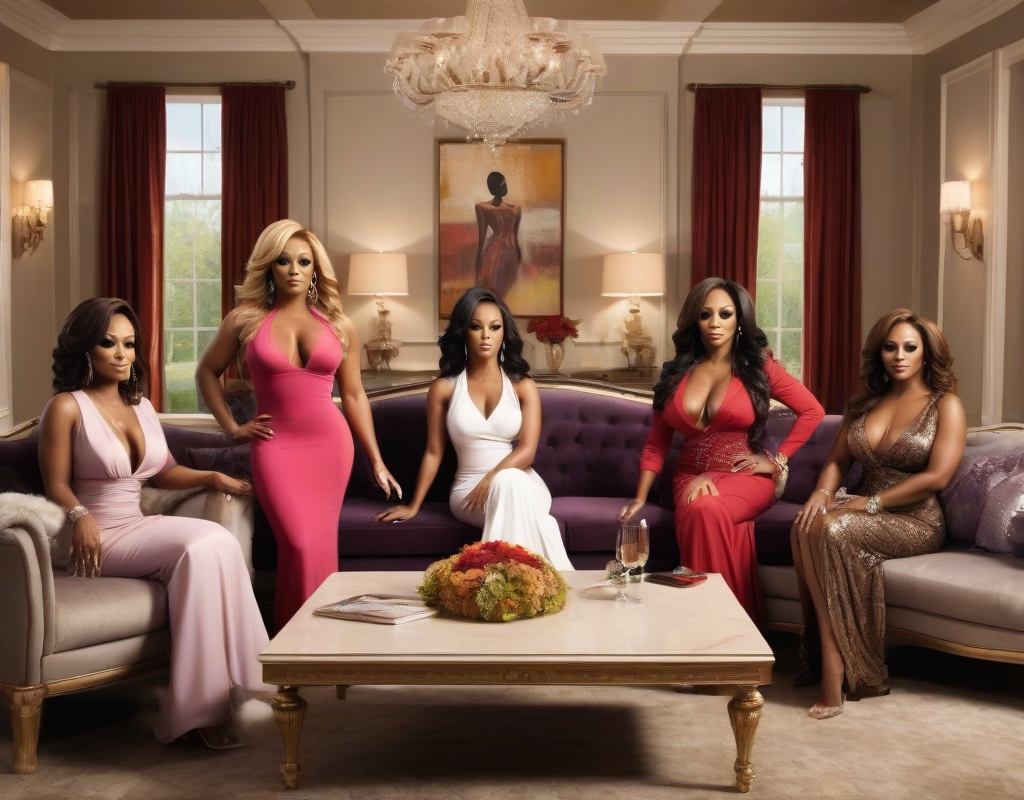The entertainment news community is currently focused on the departure of Kenya Moore from the hit reality series, “Real Housewives of Atlanta” (RHOA). Claudia Jordan, a fellow cast member and friend of Moore, has publicly supported her in light of her recent exit from the show.
In a recently published article, Jordan discussed Moore’s departure and suggested that it wasn’t entirely Moore’s choice to leave. She believes that Moore was unfairly blamed by the production team, putting it bluntly that she was “thrown under the bus.”
During her time on RHOa in its seventh season, Jordan felt that Moore played a significant role in making the show compelling. She remarked, “I think that Kenya was a huge part of what made that show interesting and entertaining, and I think it’s a loss for the show.”
The network behind RHOA, Bravo, confirmed Moore’s exit in a formal statement, acknowledging Moore’s valuable contribution over nine seasons and wishing her well in her future endeavors.
Yet, Jordan’s insights indicate that deeper issues might lurk behind the scenes, including possible production-related conflicts and insufficient support from the show’s producers.
The issue has raised broader concerns about how women of color are treated in the realm of reality TV. Critics have often noted that Moore was portrayed negatively on the show, suggesting her exit reflects bigger, systemic problems in the industry.
Despite stepping away from RHOa, Moore continues to be active online, teasing potential upcoming projects. Jordan also remains vocal, advocating for better representation and stronger support for women of color in the industry.
In sum, while the news of Kenya Moore’s exit from “Real Housewives of Atlanta” shakes the entertainment landscape, Claudia Jordan’s vocal support has ignited discussions about the complexities of reality TV and its impact on women of color. These revelations challenge the public to consider the narratives portrayed in reality television and the real experiences of those involved.




